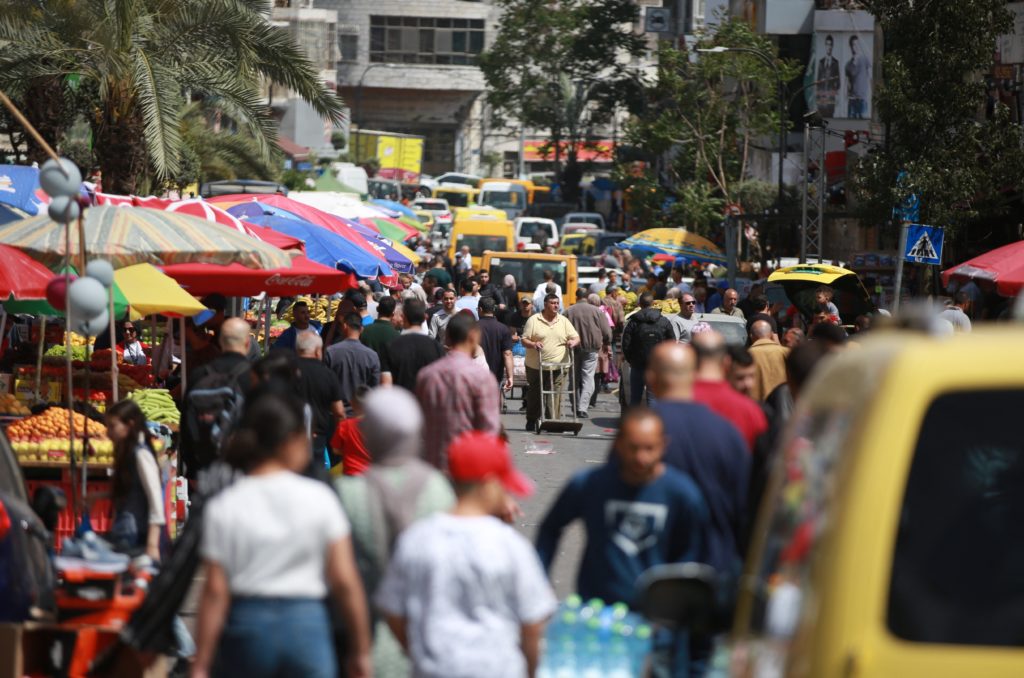São Paulo – After a substantial recession in 2020 and a solid 7.1% Gross Domestic Product (GDP) rebound in 2021, Palestine is expected to slow its economic growth to 4% this year, according to an assessment carried out by the International Monetary Fund (IMF) team, which visited the country from August 16 to 28, led by the deputy head of division in the Middle East and Central Asia Department and head of mission to the West Bank and Gaza, Alexander Tieman.
IMF officials met with Palestinian prime minister Mohammad Shtayyeh, Finance minister Shukry Bishara, Palestinian Monetary Authority governor Feras Milhem, National Economy minister Khalid Al-Esseily, and other officers and authorities in the country.
“The Palestinian economy experienced a strong rebound from the COVID-19 pandemic in 2021, but unemployment has grown and remains very high, particularly in Gaza,” Tieman said. According to him, growth occurred last year as vaccination against COVID-19 advanced and restrictions on commercial activities eased. Gaza grew less, and unemployment remains high, at 26.4%.
According to the IMF executive, the economic slowdown this year comes amid growing concerns about inflation. Lower consumption and investment due to lower real income caused by price hikes will contribute to the 3% drop in GDP this year compared to last. Lack of fiscal solidity and increased uncertainty due to Russia’s invasion of Ukraine also play critical roles.
Despite the challenging context, the fund’s team said the Palestinian authorities managed to contain the fiscal deficit. It fell from 5.2% of GDP last year to 0.4% in the first half of 2022. However, the deficit is expected to advance in the second half of this year, closing 2022 at 3.5% of GDP. Increased revenues and restrained expenses have contributed to the decrease. Nevertheless, the measures included undesired cuts in social transfers and lower development spending.
“Overcoming challenges like these will require ambitious reforms over the years and close cooperation between the Palestinian Authority, the Israeli government, and donors,” Tieman said. The IMF team suggested the Palestinian National Authority (PNA) reform spending, broaden its tax base, and undertake structural reforms to improve the business environment.
Translated by Elúsio Brasileiro




